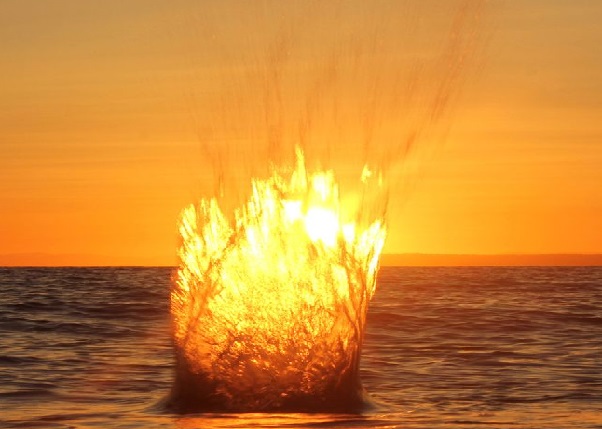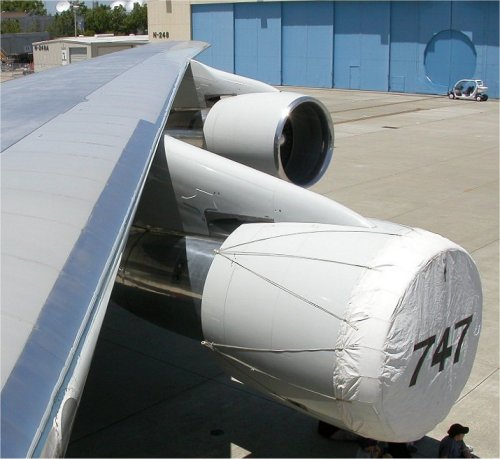IADCA wrote:casinterest wrote:IADCA wrote:
I don't mean to pick on you personally, but your first sentence is exactly what's wrong with the thinking around water management in the US.
It's not that there's more water "needed" than available. There is plenty of water available for necessary things like drinking. What it isn't sufficient for is growing surplus food crops and cash crops on land that naturally doesn't have sufficient rainfall. It's not "need": it simply boils down to a desire to use a scarce resource like water as if it were infinite, all in a pursuit of money. Nothing more, nothing less.
It's not like we're talking about subsistence farmers starving here. We're talking about growing non-native plants in areas where the reason for their non-nativity is blindingly obvious. The real question shouldn't be what should be done to provide water for cotton farming in Arizona: it should be why anyone thought that was a reasonable idea in the first place.
I get that we're a society that thinks nothing of burning rocks to propel mined metal tubes thousands of feet through the air, but there does come a point where "because some fleshbag wants to make a few dollars" isn't a sufficient justification.
There is plenty of water , it is a matter of properly allocating it and paying for it.
Paying for it is the restriction that should be imposed. When there is a full drought, water runs out, and the crops either become unsustainable ,or the people need to have water shipped in
Long term environmental issues require long term solutions. Deserts have been irrigated for centuries. You going to ask everyone to move out of the Nile Delta?
No, but the Nile Delta doesn't require sluicing water hundreds of miles, and the Egyptians have never been silly enough to try to irrigate so much land that the river runs dry before it reaches the sea.
Paying for it simply permits use by whomever can make the most money off the water, not where it's most useful on an overall societal level or what is environmentally sustainable. The appropriative water rights system should be eliminated entirely.
The Nile River is sliced over thousands of miles. The Western Drought is not about one river. It is about hundreds of them, the Colorado being a major one. However the water from the Colorado, could be replaced by desalination plants and other solutions. The land is farmable, so why not irrigate it, especially with Gray water, or other solutions?





